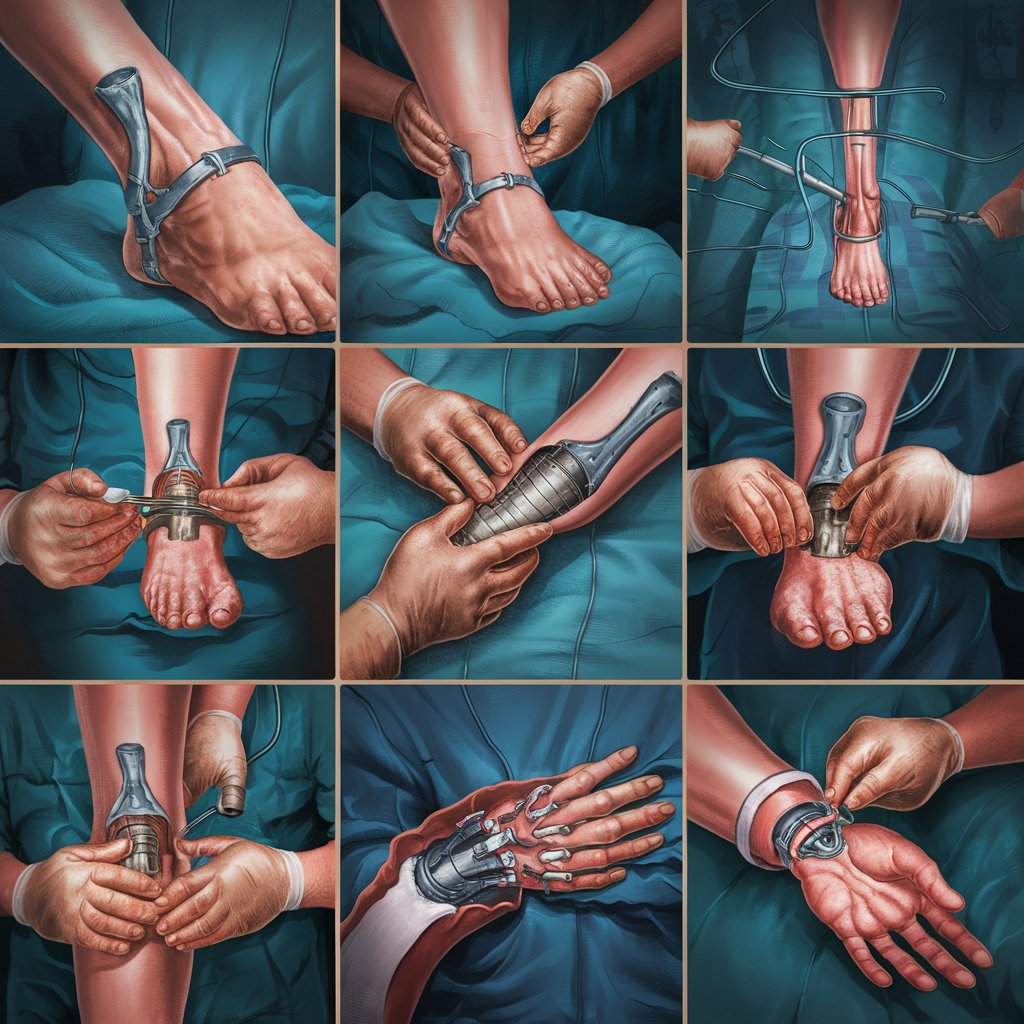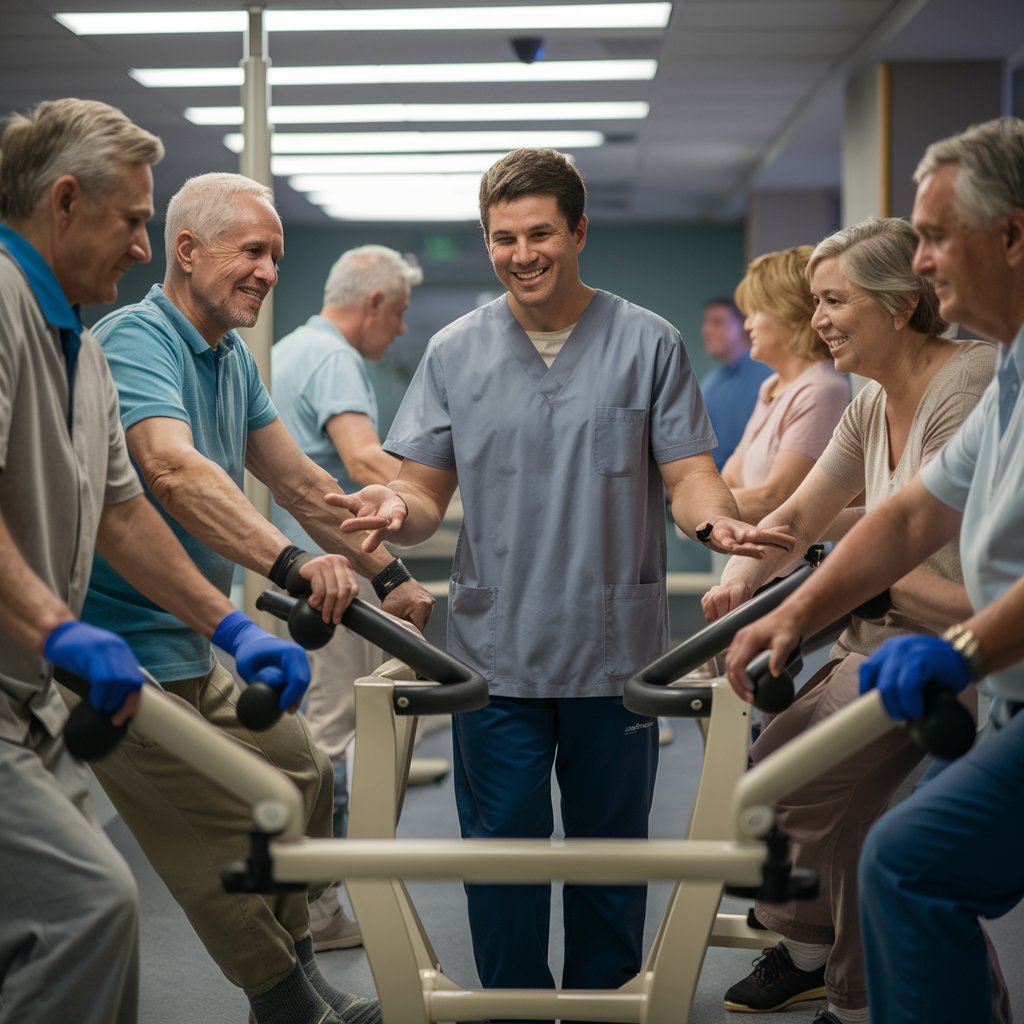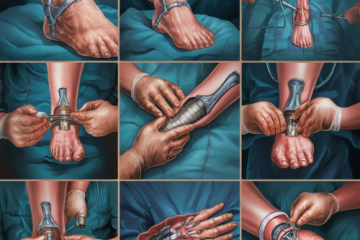What is joint replacement surgery?
Joint replacement surgery, also known as arthroplasty, is a surgical procedure to replace worn-out or damaged cartilage and bone in a joint with an artificial implant. The implant, made of metal, plastic, or ceramic, is designed to mimic the function of a healthy joint. This surgery is typically performed to relieve severe pain and improve function in joints affected by arthritis or injury.
Which joints can be replaced? While hip and knee replacements are the most common, joint replacement surgery can be performed on various joints, including:
- Hip
- Knee
- Shoulder
- Elbow
- Ankle
- Wrist

Who is a good candidate for joint replacement?
The decision to undergo joint replacement surgery is made on an individual basis. Generally, good candidates are those who:
- Experience severe, persistent joint pain that significantly interferes with daily activities
- Have tried conservative treatments (medication, physical therapy, injections) without adequate relief
- Are in good overall health, with no serious medical conditions that could complicate surgery or recovery
- Have realistic expectations about the benefits and limitations of the procedure
Criteria for determining suitability: Several factors are considered when determining if a patient is a good candidate for joint replacement:
- Age: While there’s no strict age limit, younger patients may have higher expectations and may require revision surgery in the future.
- Overall health: Chronic conditions such as diabetes, heart disease, or lung disease can increase surgical risks.
- Severity of joint damage: The degree of pain, stiffness, and loss of function will influence the decision.
- Lifestyle: Active individuals may benefit more from joint replacement than those with sedentary lifestyles.

What are the risks and benefits of joint replacement?
Benefits:
- Significant pain relief
- Improved mobility and function
- Increased ability to perform daily activities
- Better quality of life
Risks:
- Infection
- Blood clots
- Loosening of the implant
- Dislocation of the joint
- Nerve damage
- Allergic reaction to anesthesia
It’s essential to weigh the potential benefits against the risks with your surgeon to make an informed decision.
Pre-Surgery Questions
How can I prepare for joint replacement surgery?
Preparation for joint replacement involves several steps:
- Physical evaluation: Your doctor will assess your overall health and fitness level.
- Imaging tests: X-rays, CT scans, or MRIs will be used to evaluate the joint damage.
- Blood tests: These help assess your overall health and identify any potential complications.
- Pre-operative exercises: Strengthening exercises can improve your recovery.
- Weight management: Losing excess weight can reduce stress on the joint.
- Smoking cessation: Smoking can interfere with healing, so quitting is recommended.
- Medication review: Inform your doctor about all medications you’re taking.

What type of anesthesia will be used?
The type of anesthesia used depends on various factors, including the type of surgery, your overall health, and your preferences. Options include:
- General anesthesia: You will be unconscious during surgery.
- Spinal anesthesia: Numbs the lower body, allowing you to be awake but without feeling sensations in the surgical area.
- Epidural anesthesia: Similar to spinal anesthesia but with a longer-lasting effect.
Your surgeon will discuss the best option for you based on your specific circumstances.
What can I expect during the hospital stay?
The length of your hospital stay will depend on the type of surgery and your own recovery progress. Generally, you can expect:
- Pain management: Medications will be administered to control pain.
- Physical therapy: Early mobilization helps prevent stiffness and promotes healing.
- Wound care: Your incision will be carefully monitored and dressed.
- Education: You will receive instructions on post-operative care and home exercises.
Post-Surgery Questions
What is the recovery process like?
Recovery time varies depending on the joint replaced and individual factors. Initially, you’ll experience pain, swelling, and stiffness. Physical therapy will be essential to regain strength, flexibility, and mobility. Weight-bearing restrictions may apply initially to protect the new joint.
How long will it take to return to normal activities?
Returning to normal activities gradually depends on the type of surgery and your overall health. Most people can resume light activities within a few weeks, but it may take several months to fully recover. Heavy lifting and high-impact activities should be avoided initially.
What is the lifespan of a joint replacement?
The lifespan of a joint replacement varies, but many implants last 15 to 20 years or longer. Factors affecting implant longevity include:
- Implant design and materials
- Bone quality
- Weight management
- Activity level
- Overall health
Revision surgery may be necessary if the implant becomes loose or worn out.
Lifestyle and Management Questions

Can I still exercise after joint replacement?
Yes, exercise is crucial for maintaining joint health and overall well-being. Your physical therapist will recommend suitable exercises to strengthen the muscles around the joint and improve flexibility. Low-impact activities like swimming, cycling, and walking are generally recommended.
How will joint replacement affect my lifestyle?
Joint replacement can significantly improve your quality of life by reducing pain and increasing mobility. You may need to modify some activities initially but can gradually return to most of your previous lifestyle.
What can I do to prolong the life of my joint replacement?
To maximize the lifespan of your implant:
- Maintain a healthy weight
- Avoid high-impact activities
- Regularly attend follow-up appointments
- Listen to your body and avoid overexertion
- Follow your physical therapist’s recommendations
By following these guidelines, you can enjoy the benefits of your joint replacement for many years to come.
Conclusion: By reading the above post I hope you understand Is Joint Replacement Right for You? A Q&A with Our Experts . If you have any Personal Queries you can schedule your Consultation with Dr. Sushil Kulkarni (Orthopedic & Joint Replacement Surgeon )





